An analysis of the sprawling financial networks abroad Lebanese politicians and bankers created while steering their country toward disaster


An analysis of the sprawling financial networks abroad Lebanese politicians and bankers created while steering their country toward disaster
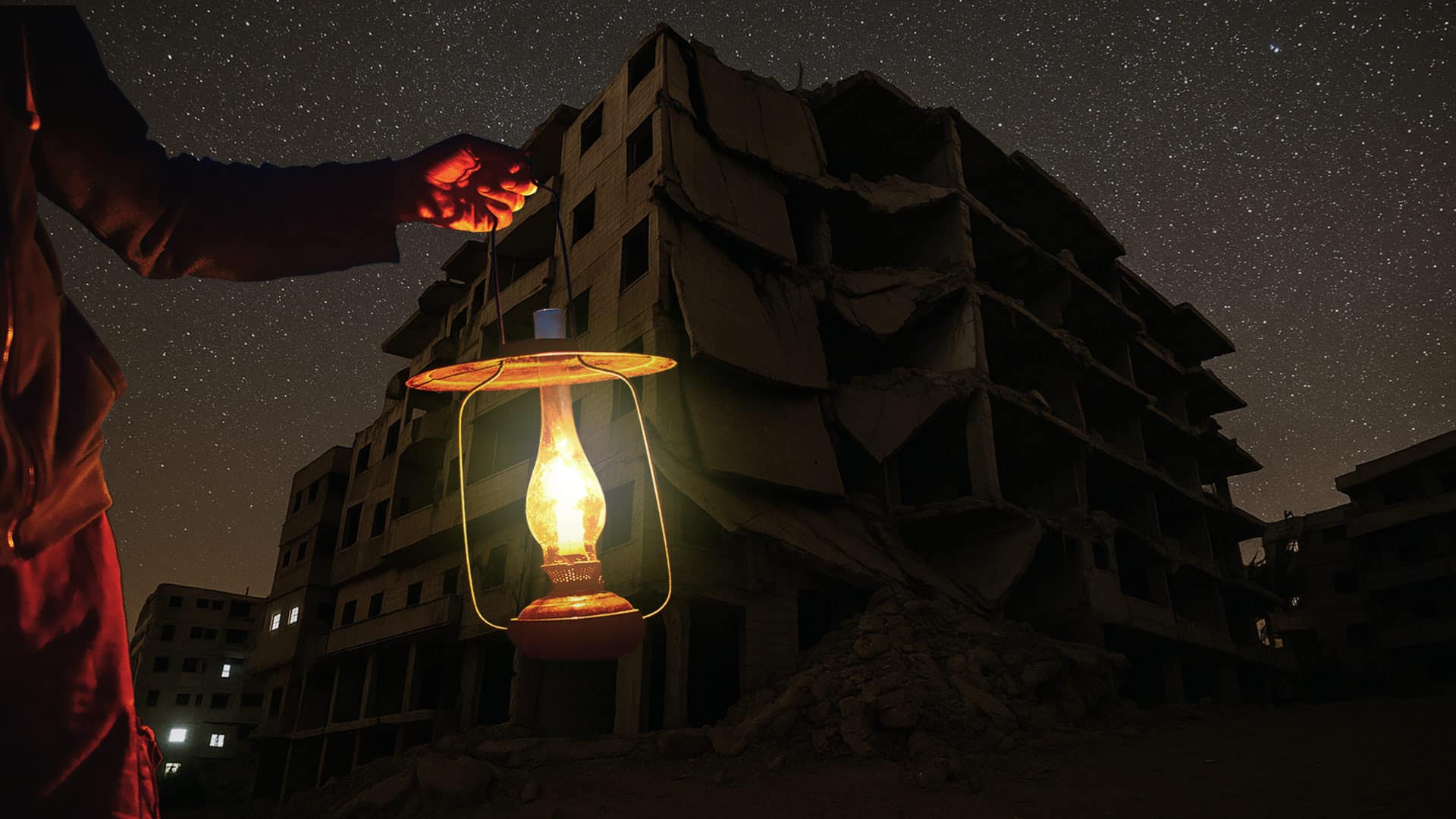
Damascus must choose between foreign dependency and energy sovereignty in redeveloping its energy sector

Tech solutions risk worsening inequities at public schools

How the war impacted Lebanon’s food supply chain and how to fix it
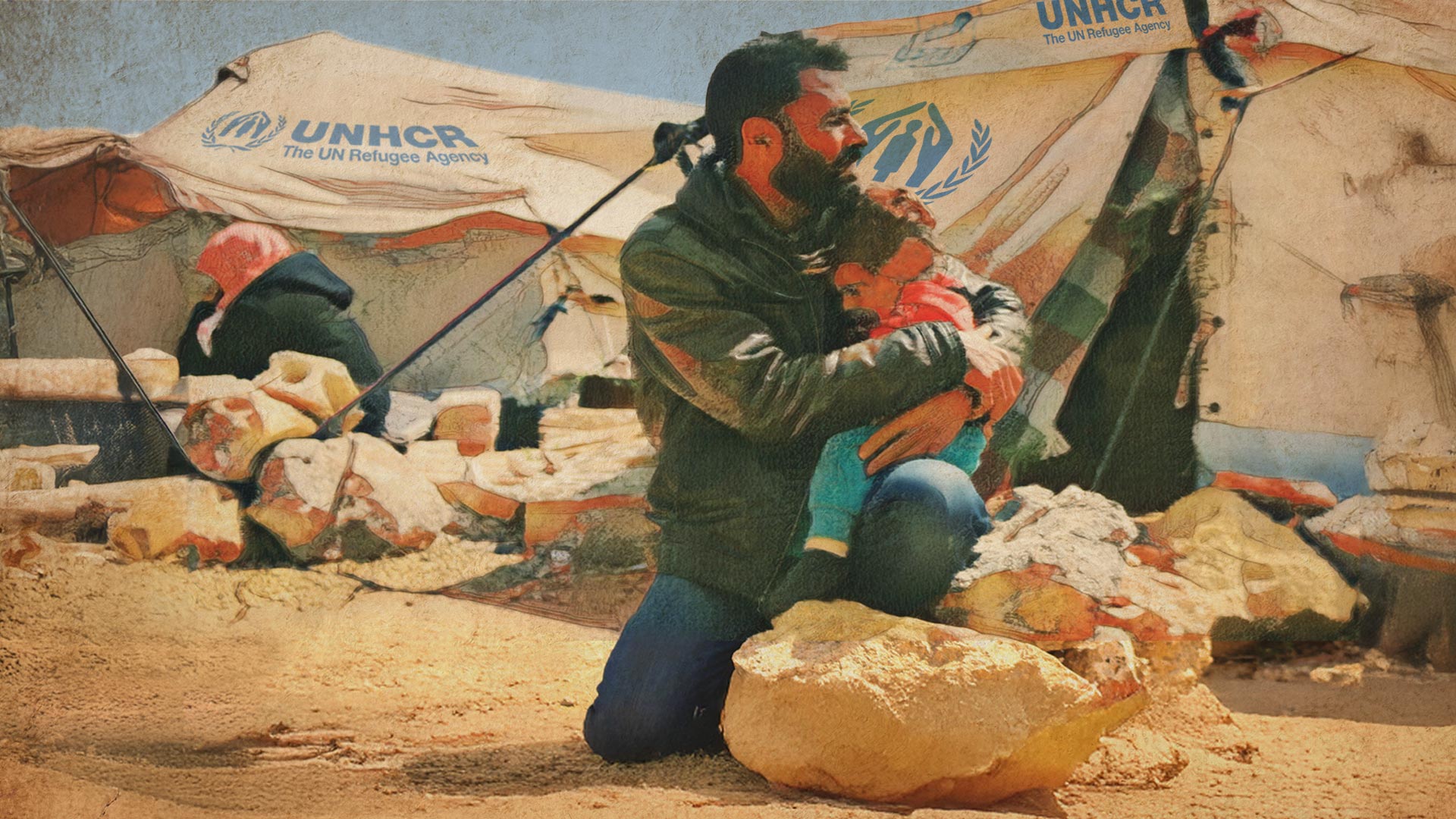
Lebanese politicians still blame their failures on marginalised refugees
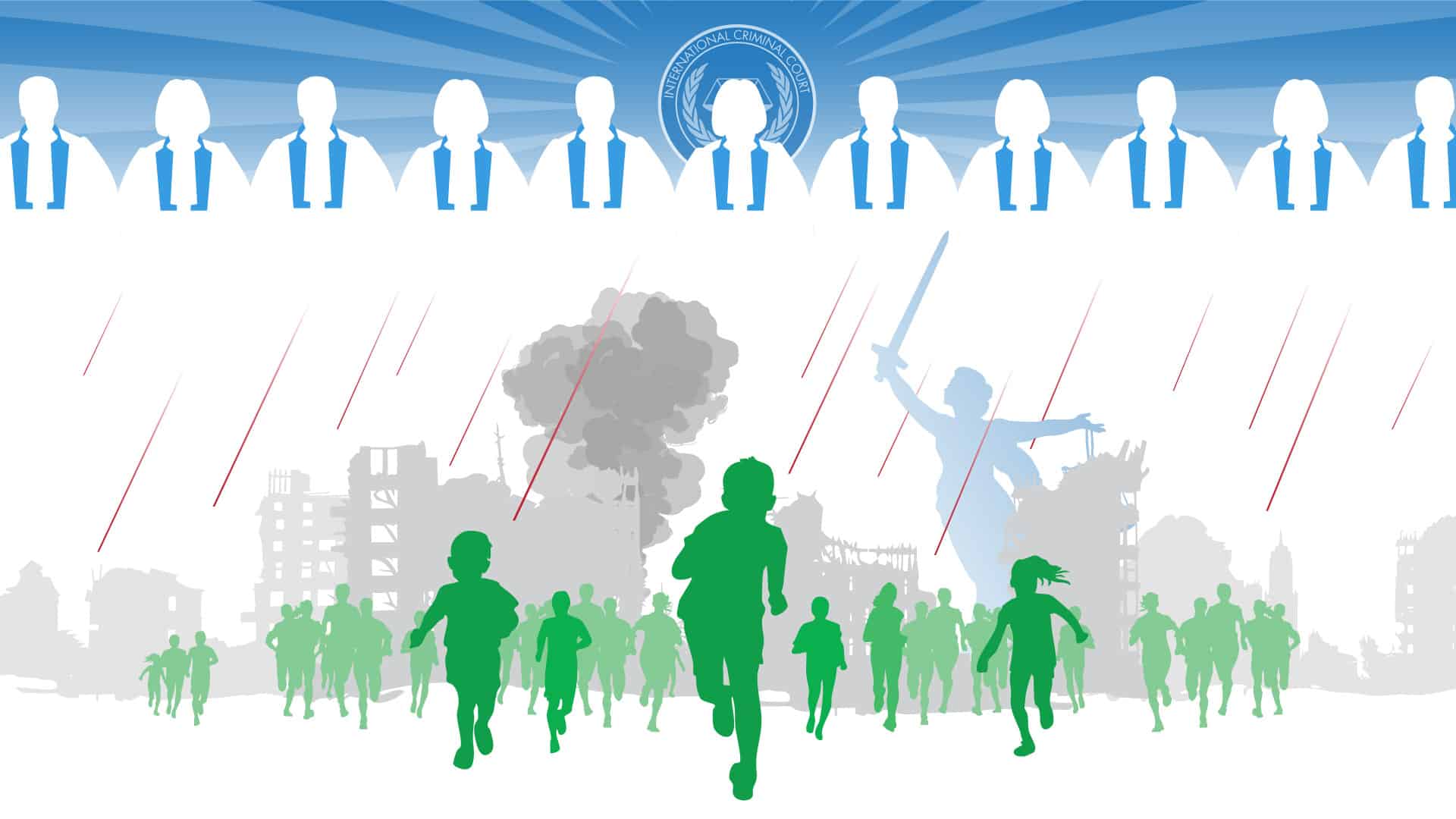
Assessing the Israeli army’s violations of international humanitarian law
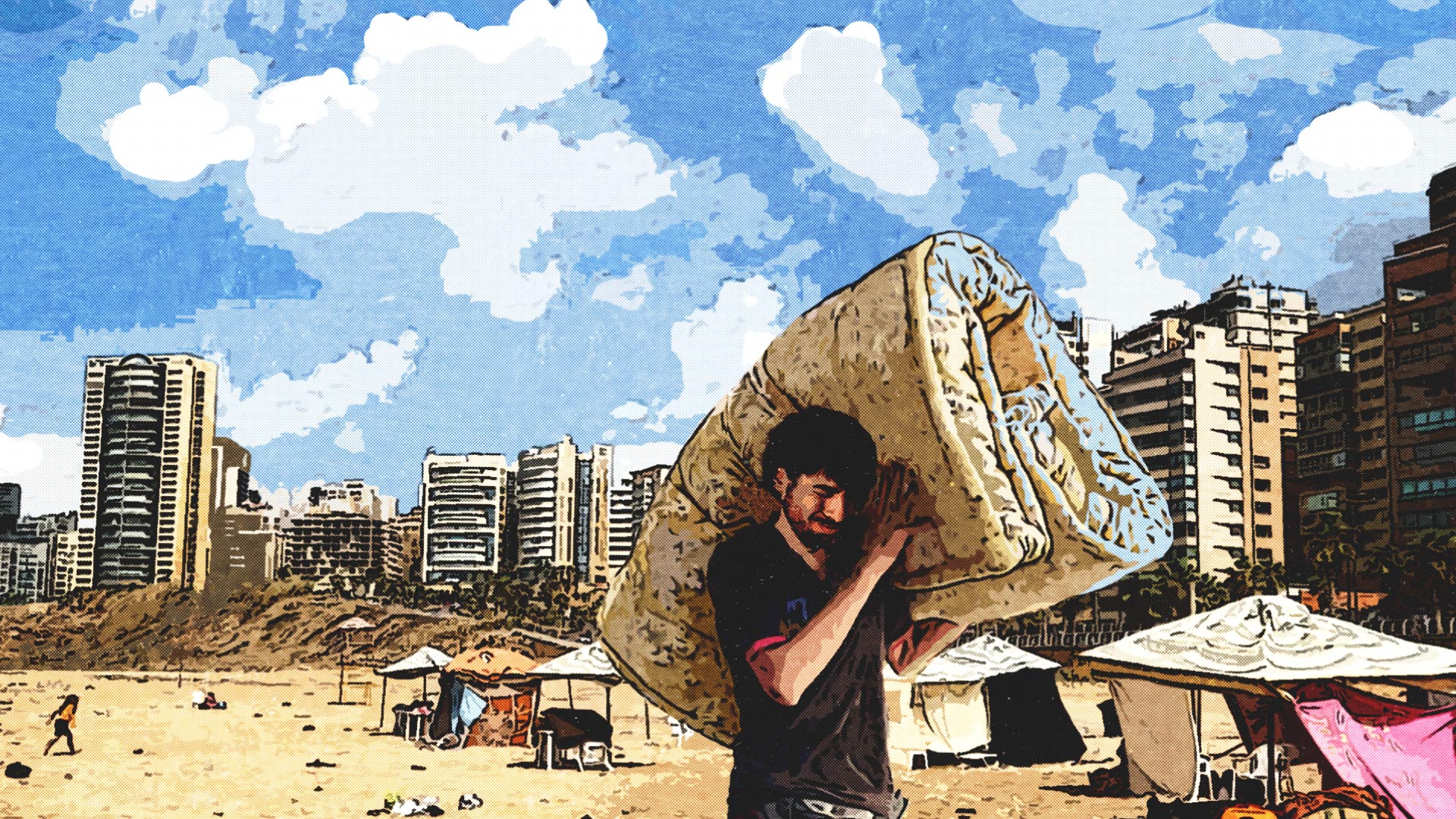
Israel’s war has triggered a housing crisis that risks Lebanon’s social stability

Solidarity with Palestine spreads despite attempts to silence activism
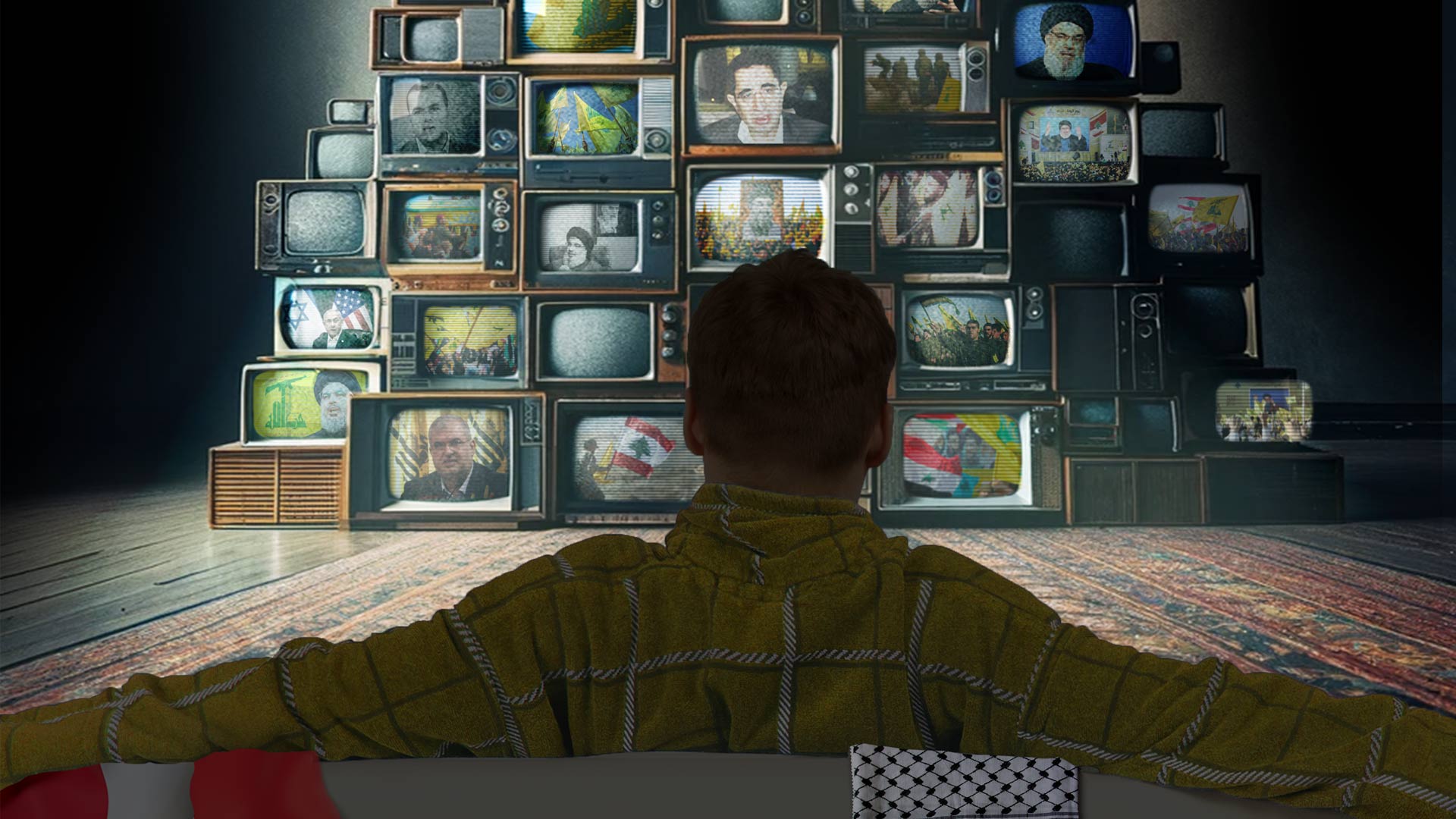
How the Party of God’s narrative has evolved, and what it means.

Arab states’ public support for Gaza contrasts with their strategic ties with Israel, revealing a gap between rhetoric and realpolitik.
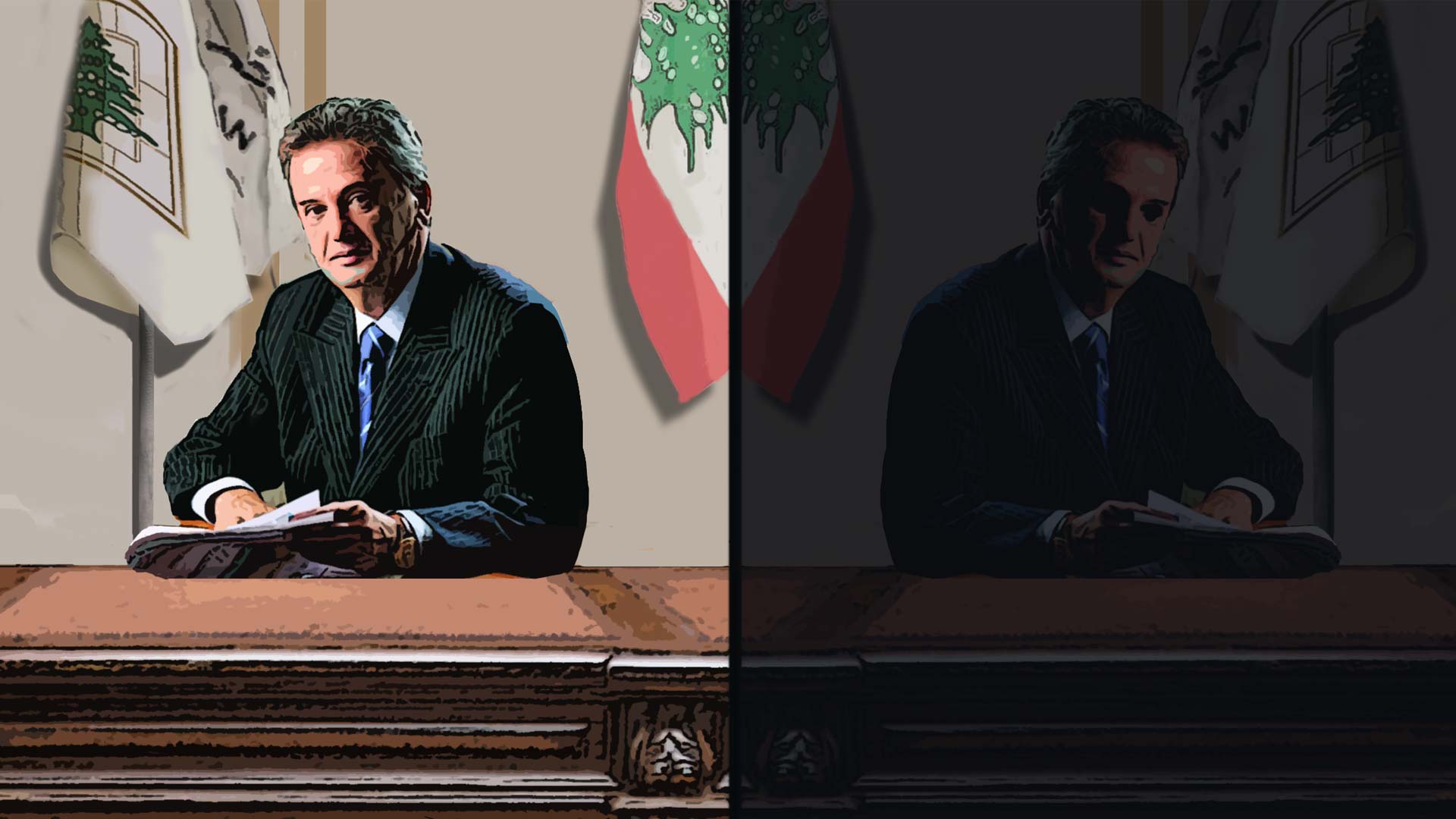
“A weak and inefficient monetary tool”
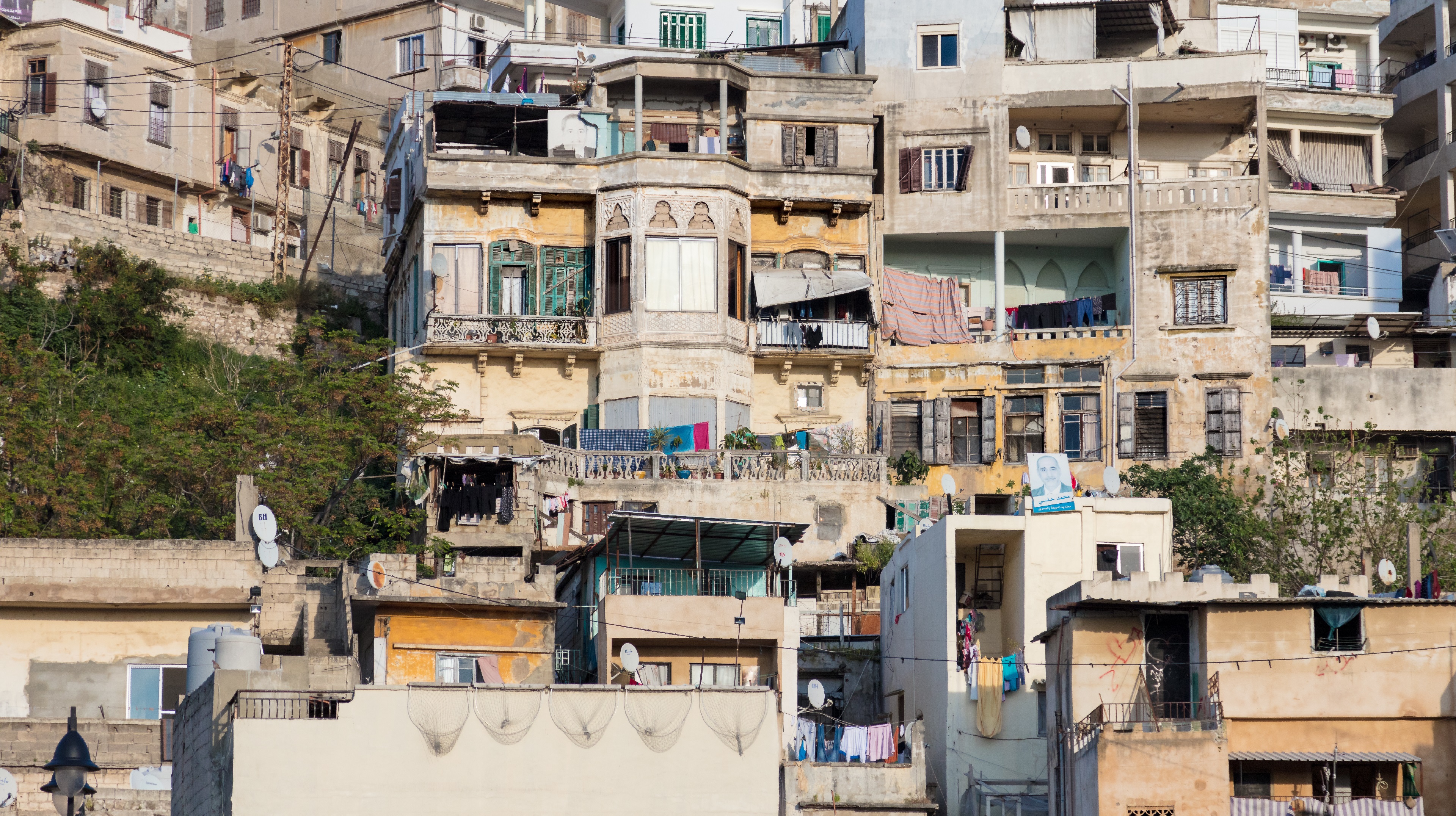
Social media enhances social connections on digital networks but has also facilitated the rapid dissemination of misinformation.

Since the beginning of Lebanon’s financial collapse in 2019, access to information has become more critical than ever.
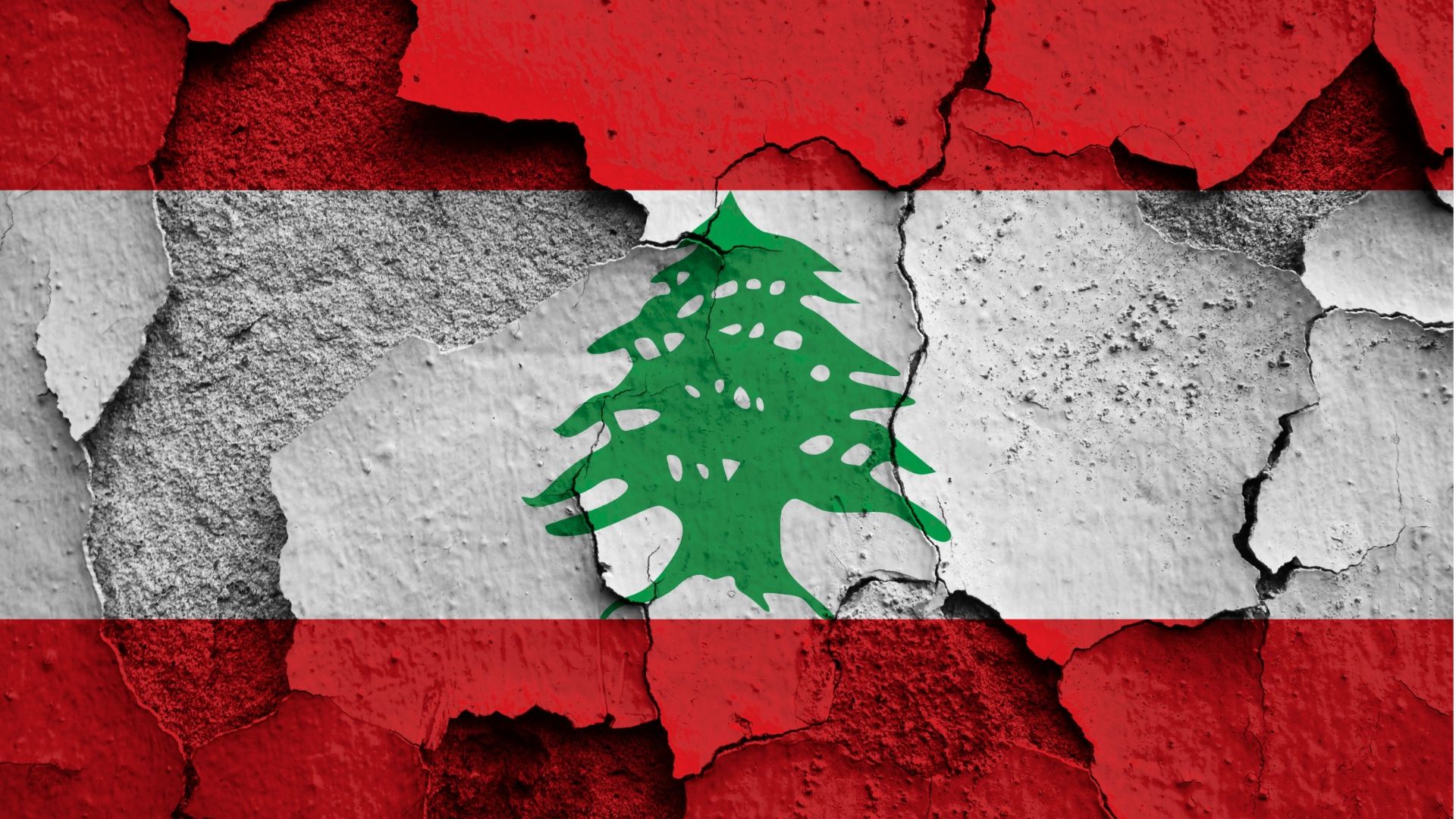
Why Lebanon needs to hold local polls in May.
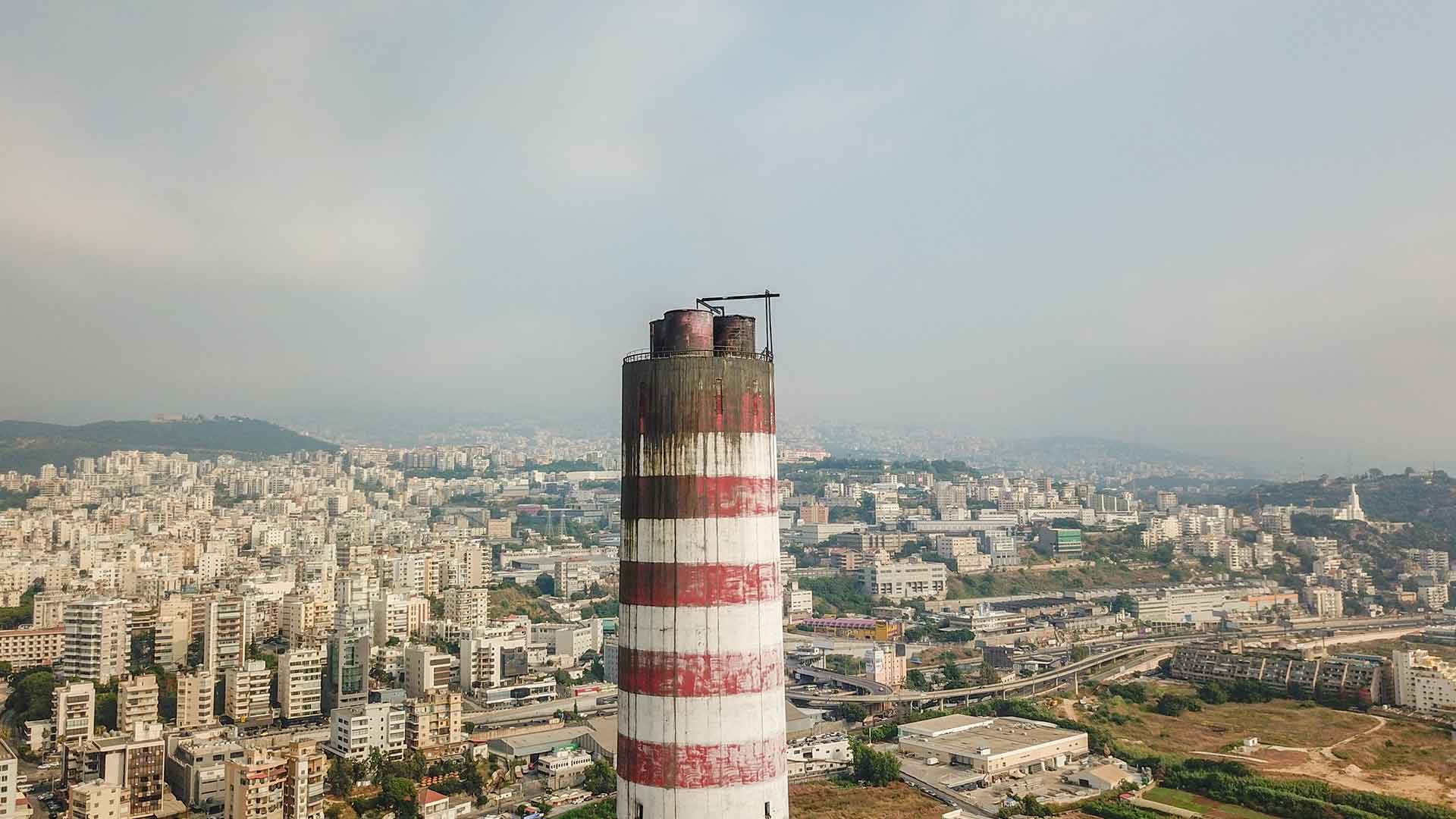
Lebanon’s residents likely to keep paying for the chronic mismanagement of EDL.
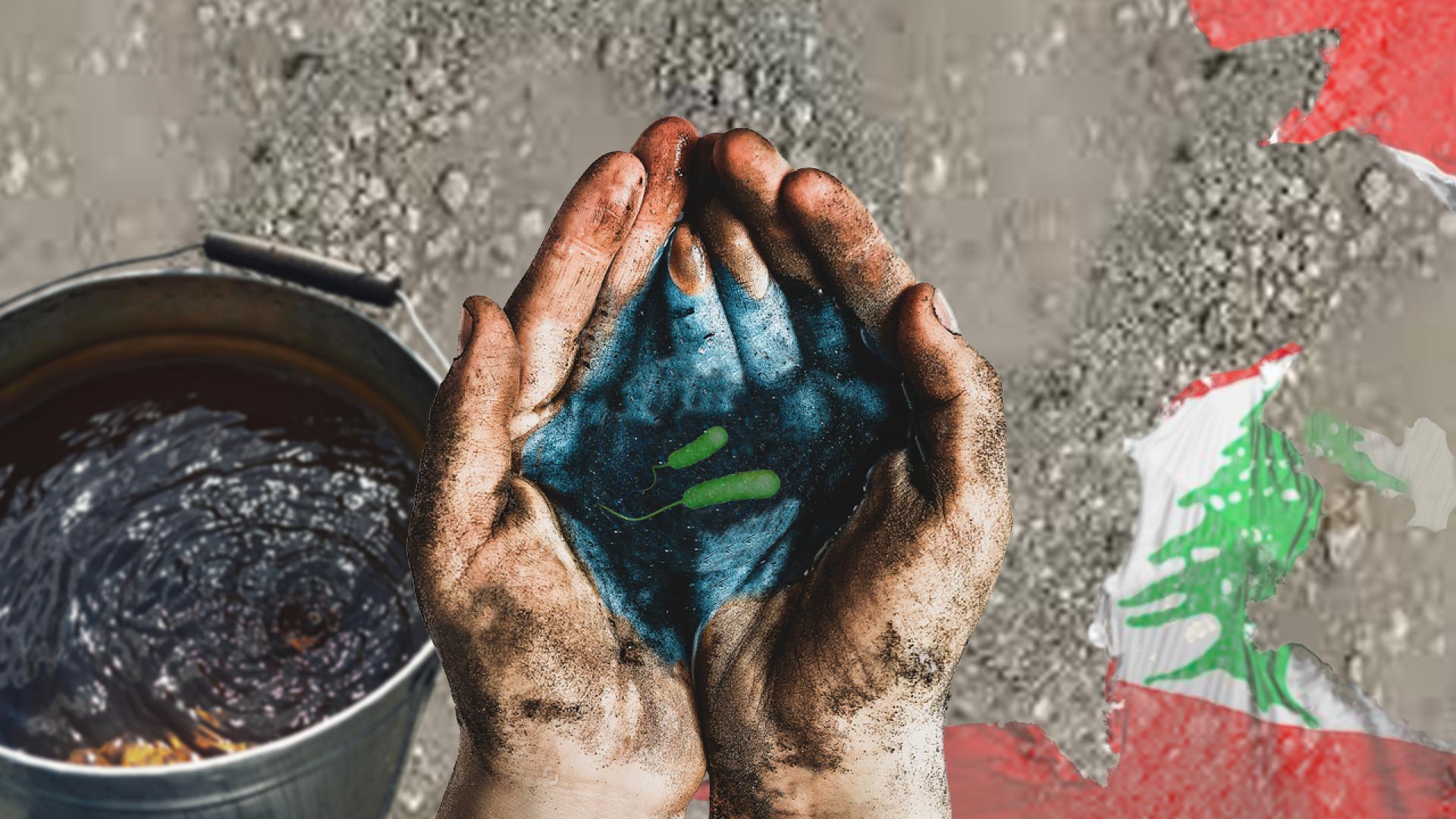
Cholera likely to stay without serious reforms to Lebanese water sector
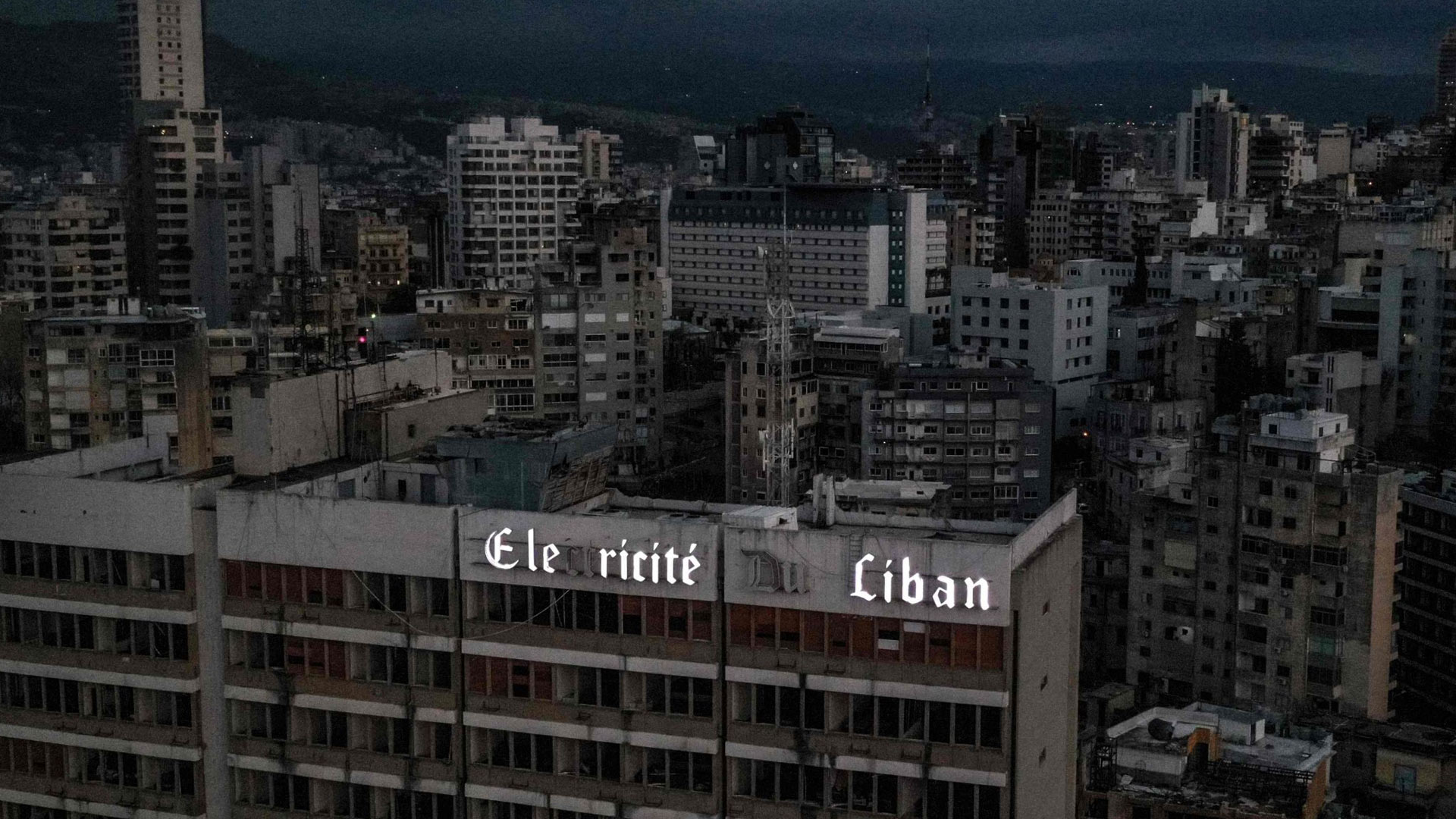
Infrastructure, political, and legal barriers to reforming Lebanon’s broken electricity sector.
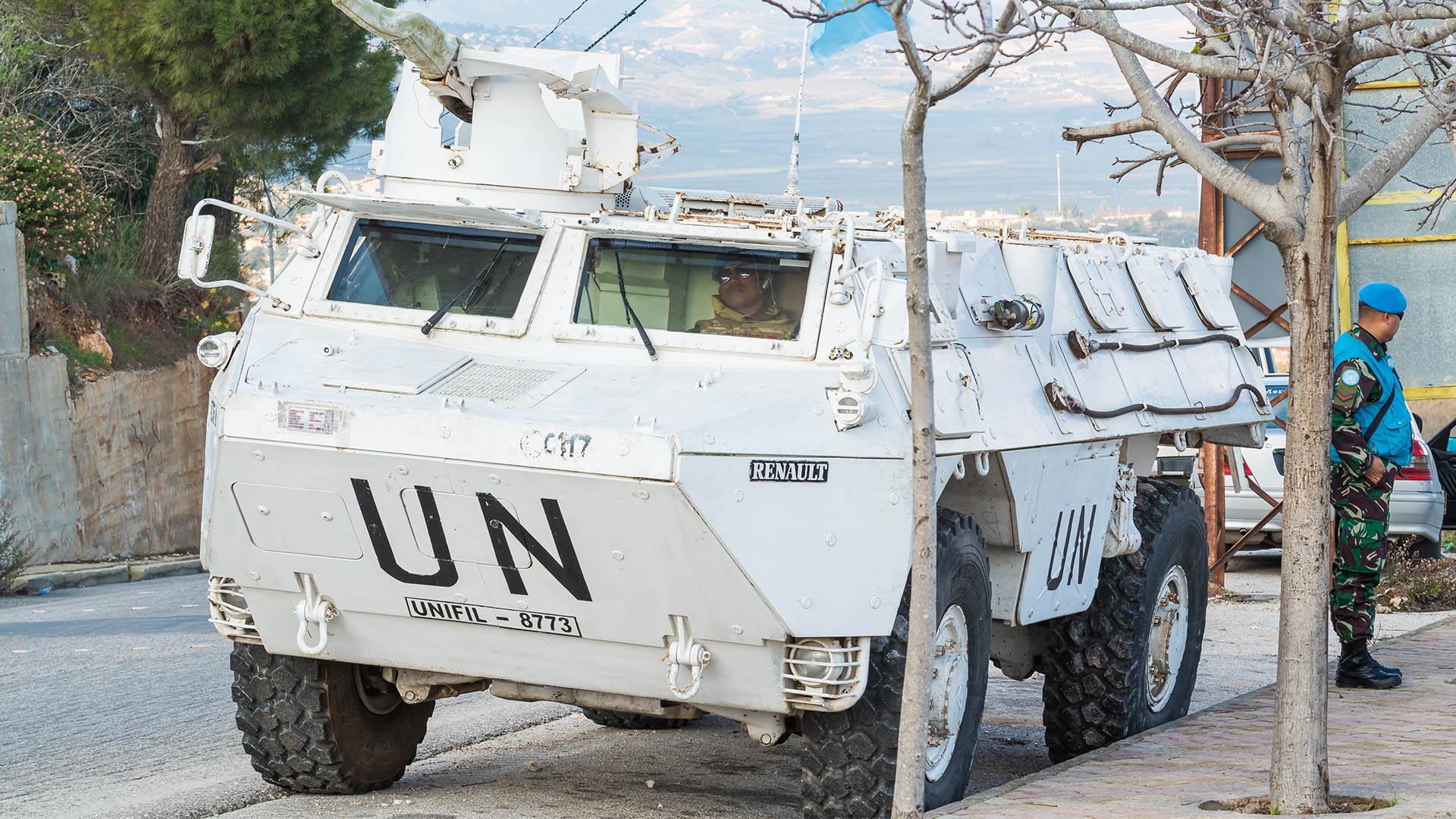
Peacekeeping mission reading between the lines to keep the peace
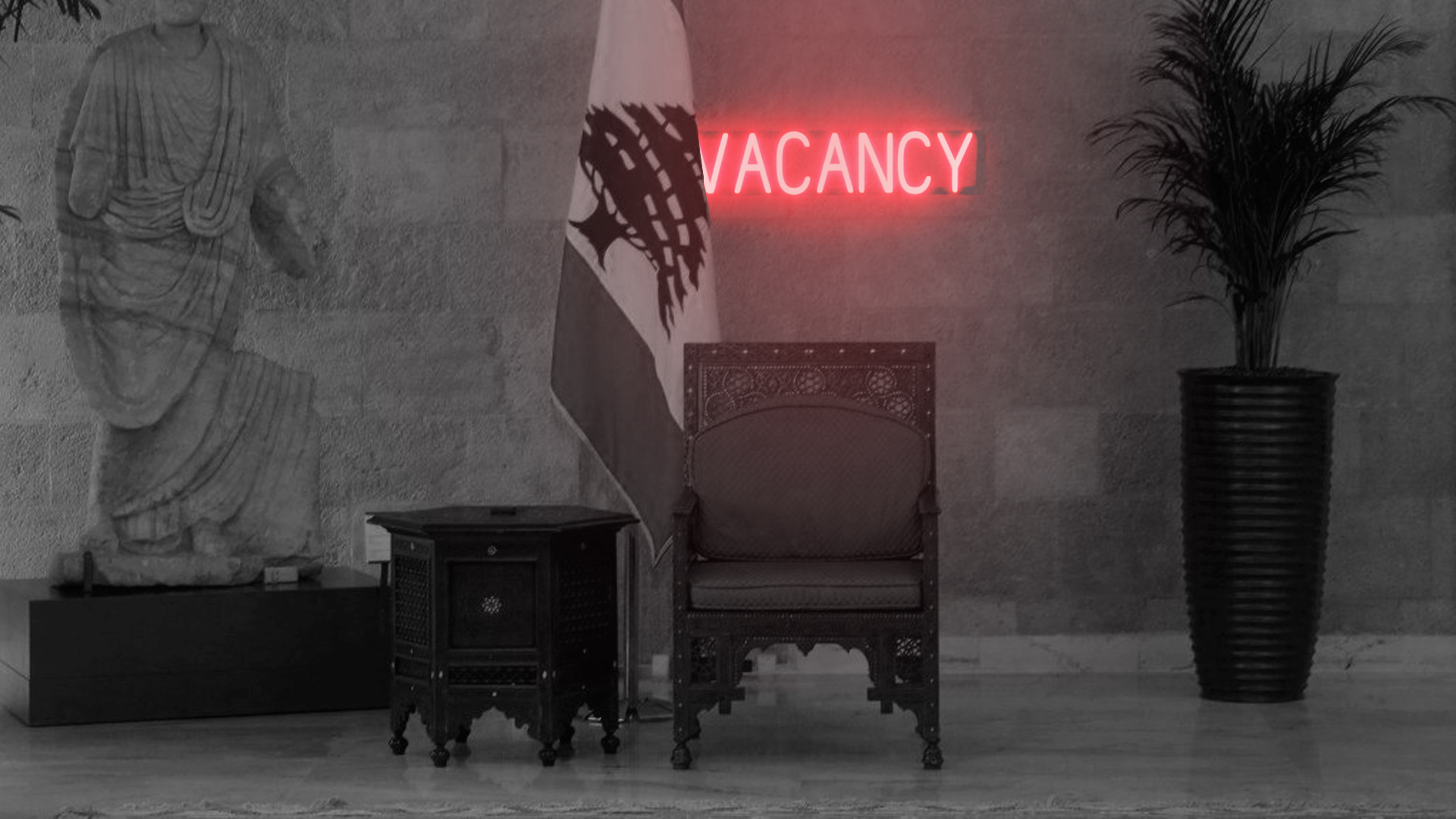
Lebanon is poised for executive-level disarray ahead of a presidential vacuum and caretaker cabinet.

Millions promised in housing funding would leave most vulnerable behind
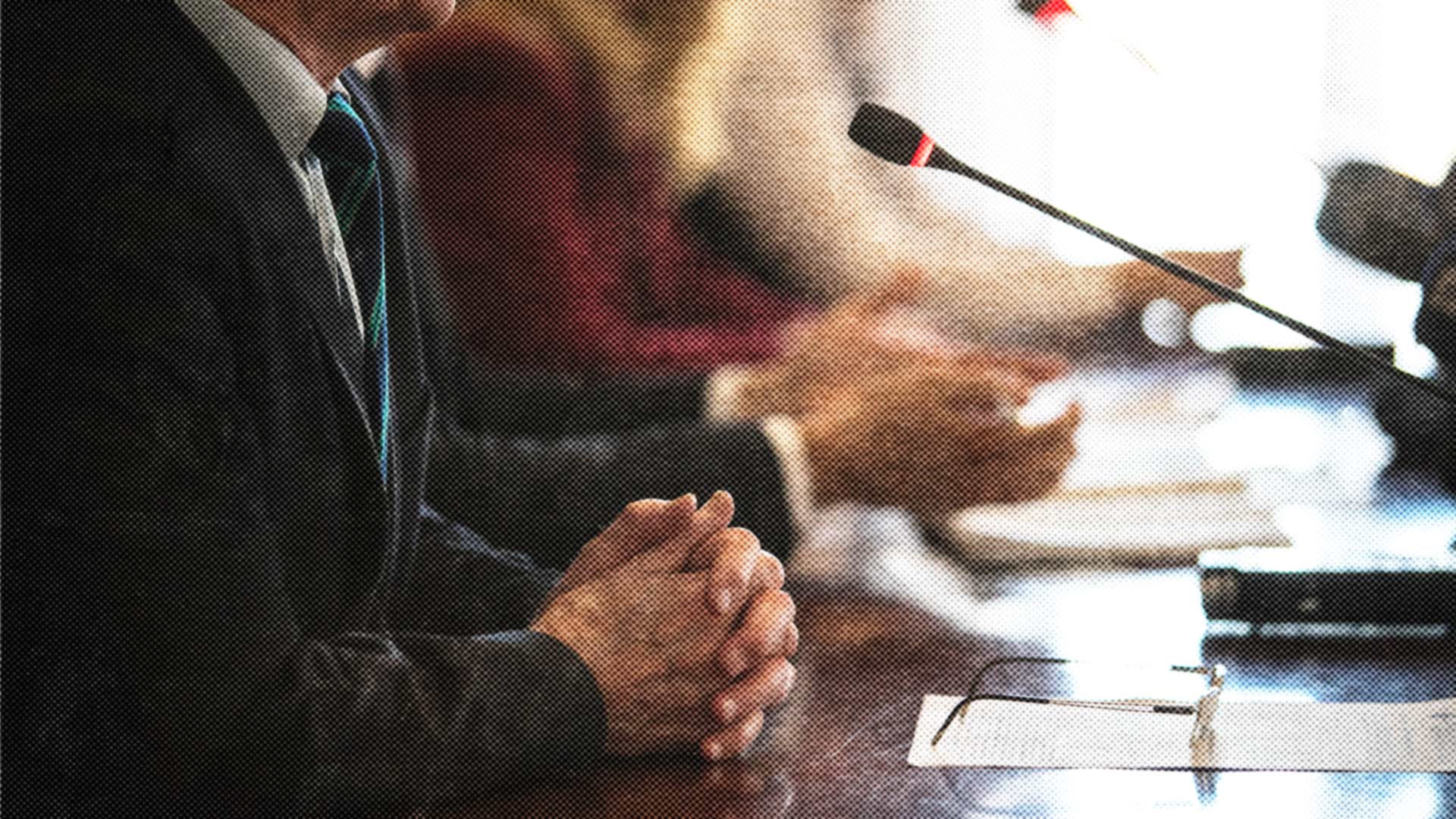
Legal loopholes and self-interested gatekeepers will likely prevent justice from running its course
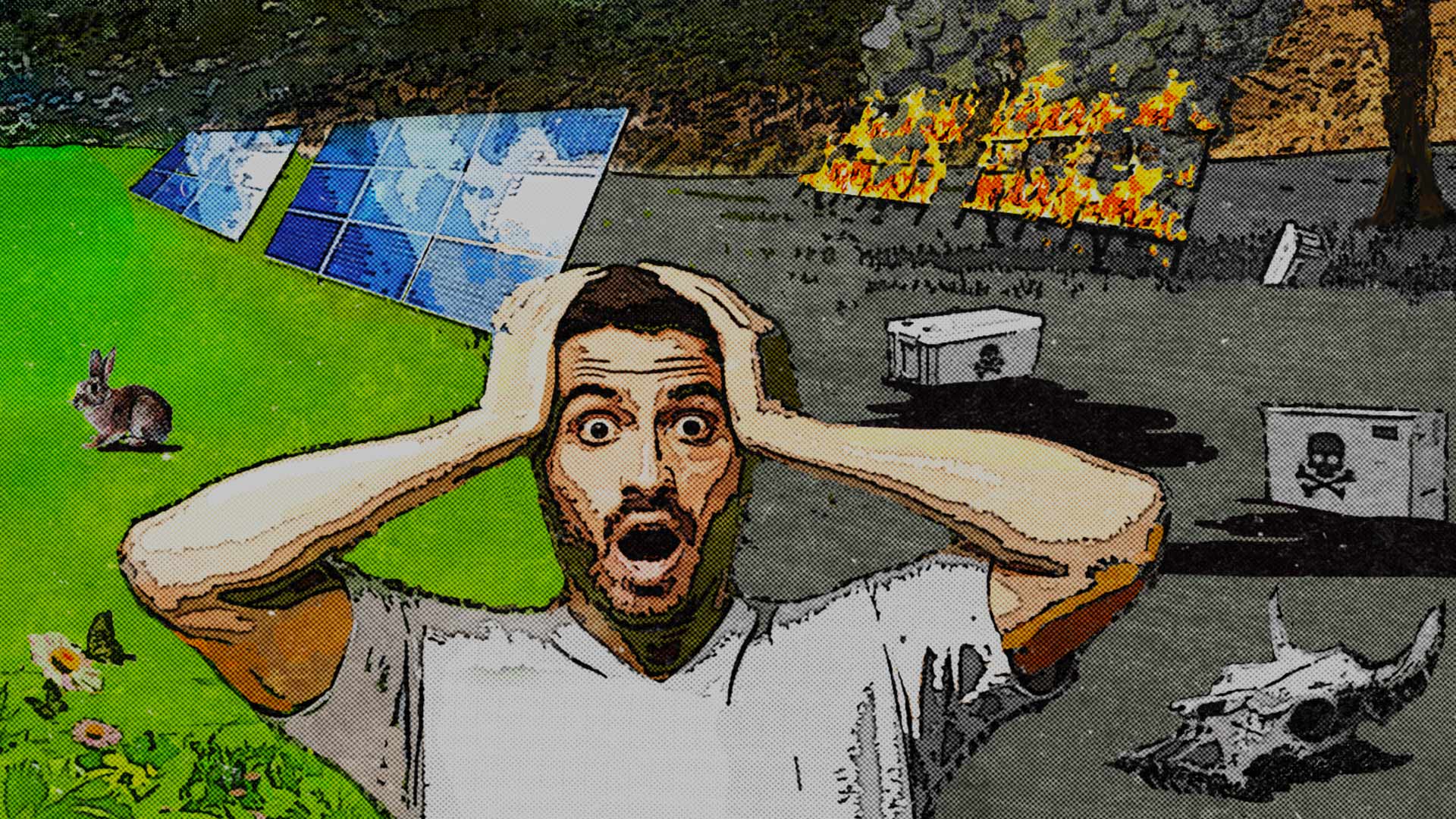
Lack of regulation and proper disposal cast shade over Lebanon’s solar prospects
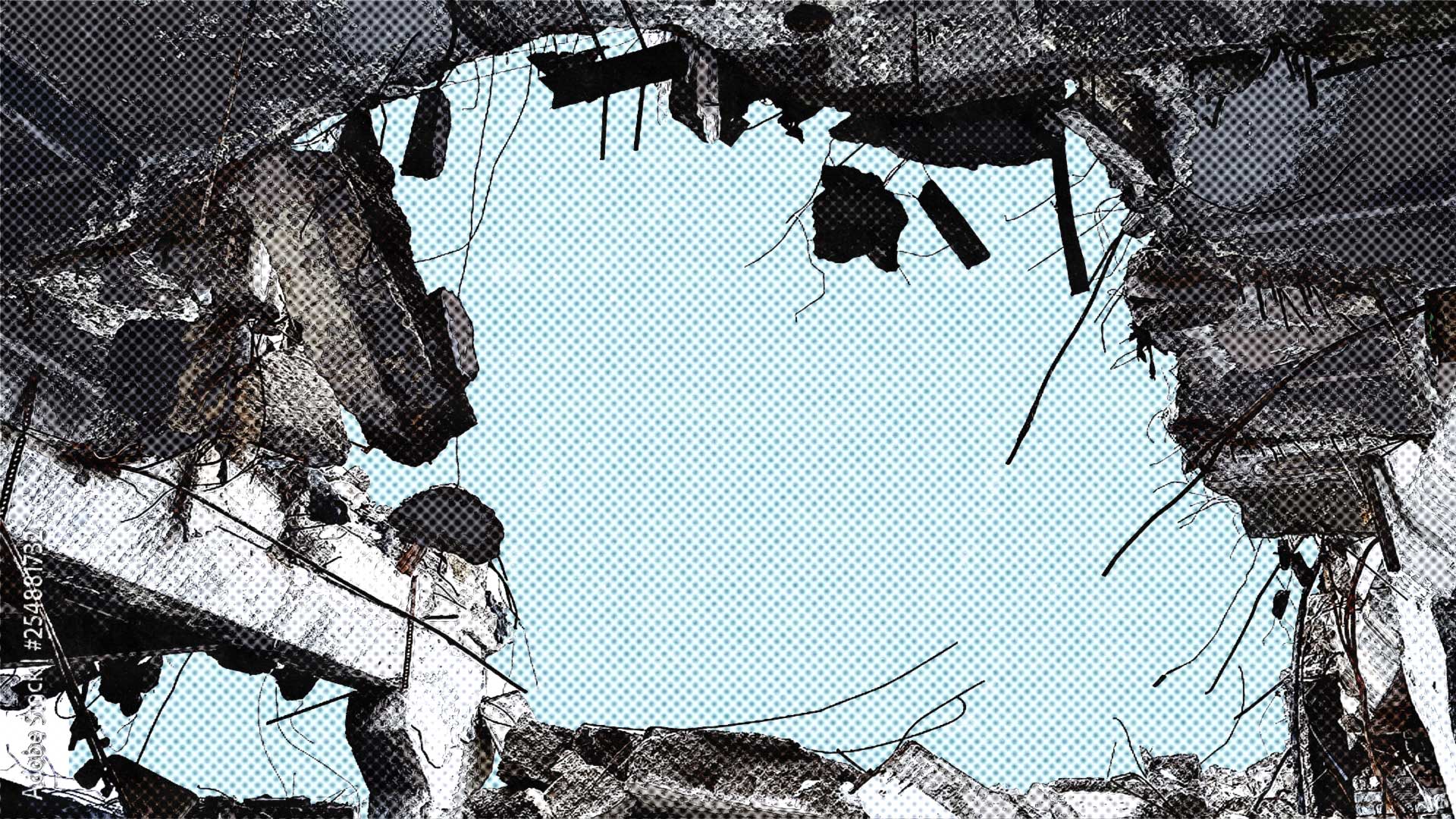
Lebanese are being forced to live at risk in the name of private property

Lebanese banks are avoiding the legal implications of declaring bankruptcy.
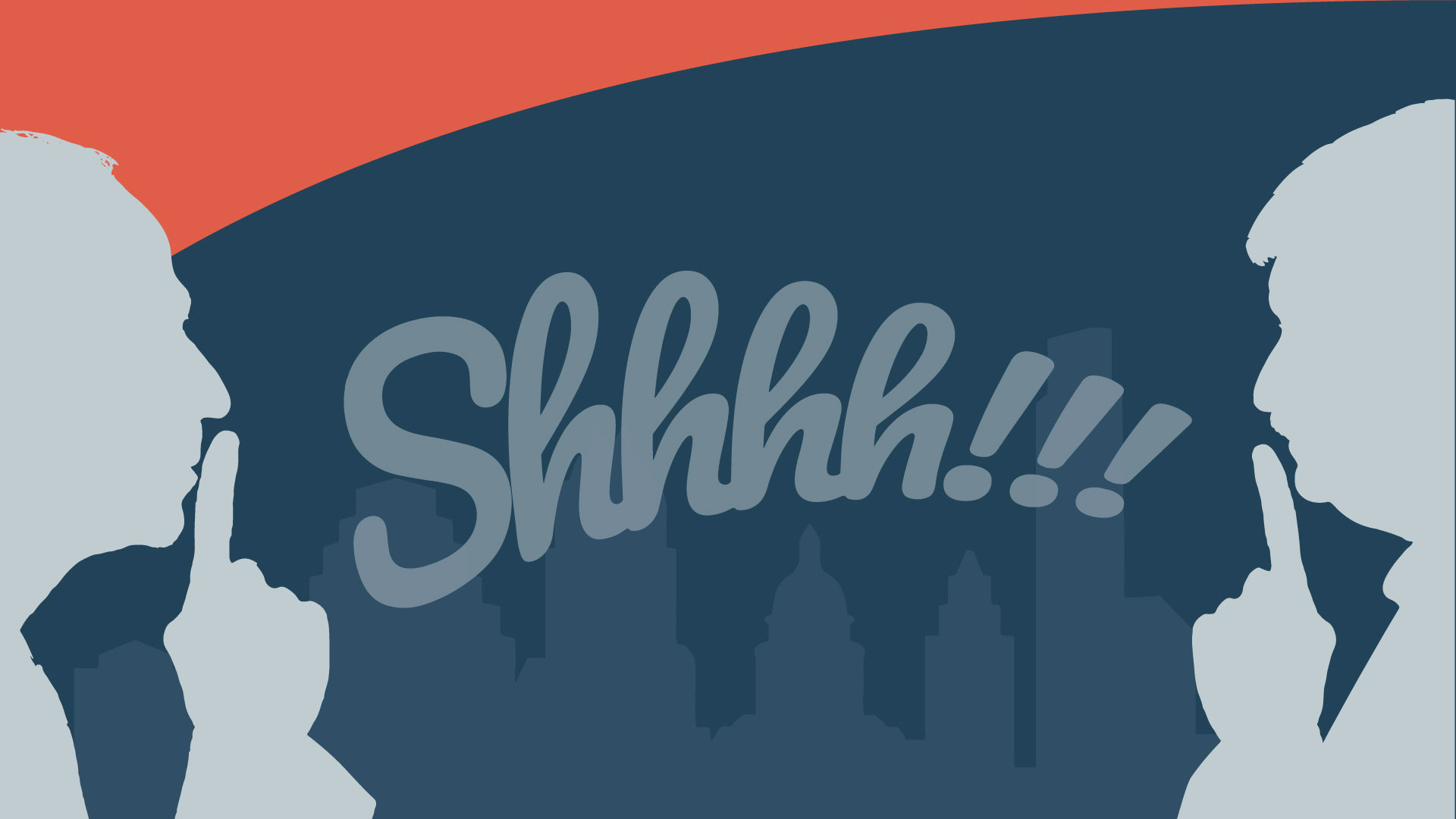
While a step in the right direction, Lebanon’s draft banking secrecy law remains riddled with loopholes and avenues for abuse of power.

How blank votes help the traditional political class win seats
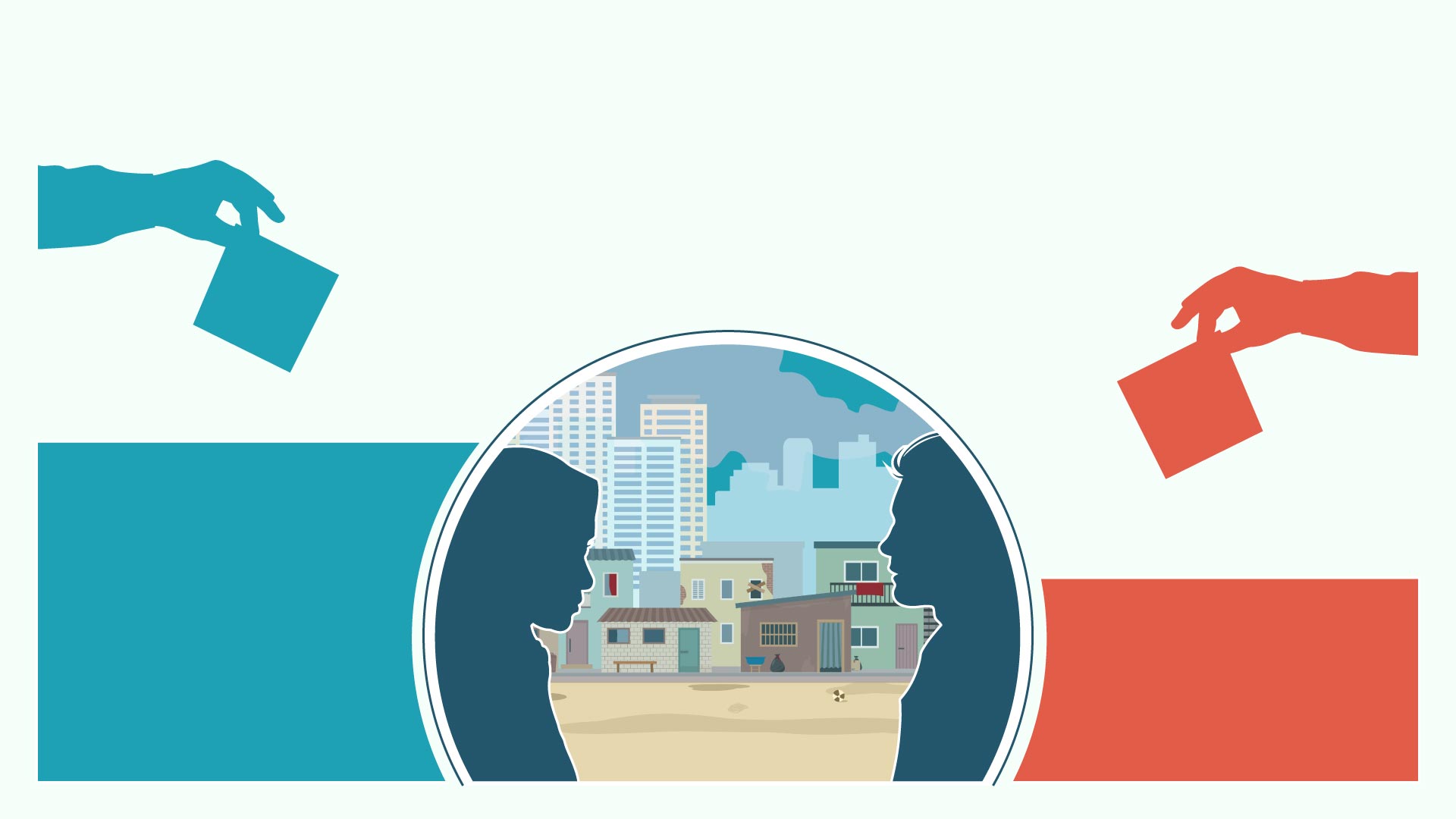
A new nationally representative study on voter intentions reveals hope for independents, while showing traditional parties maintain their voter base through tradition, identity politics, and political clientelism.
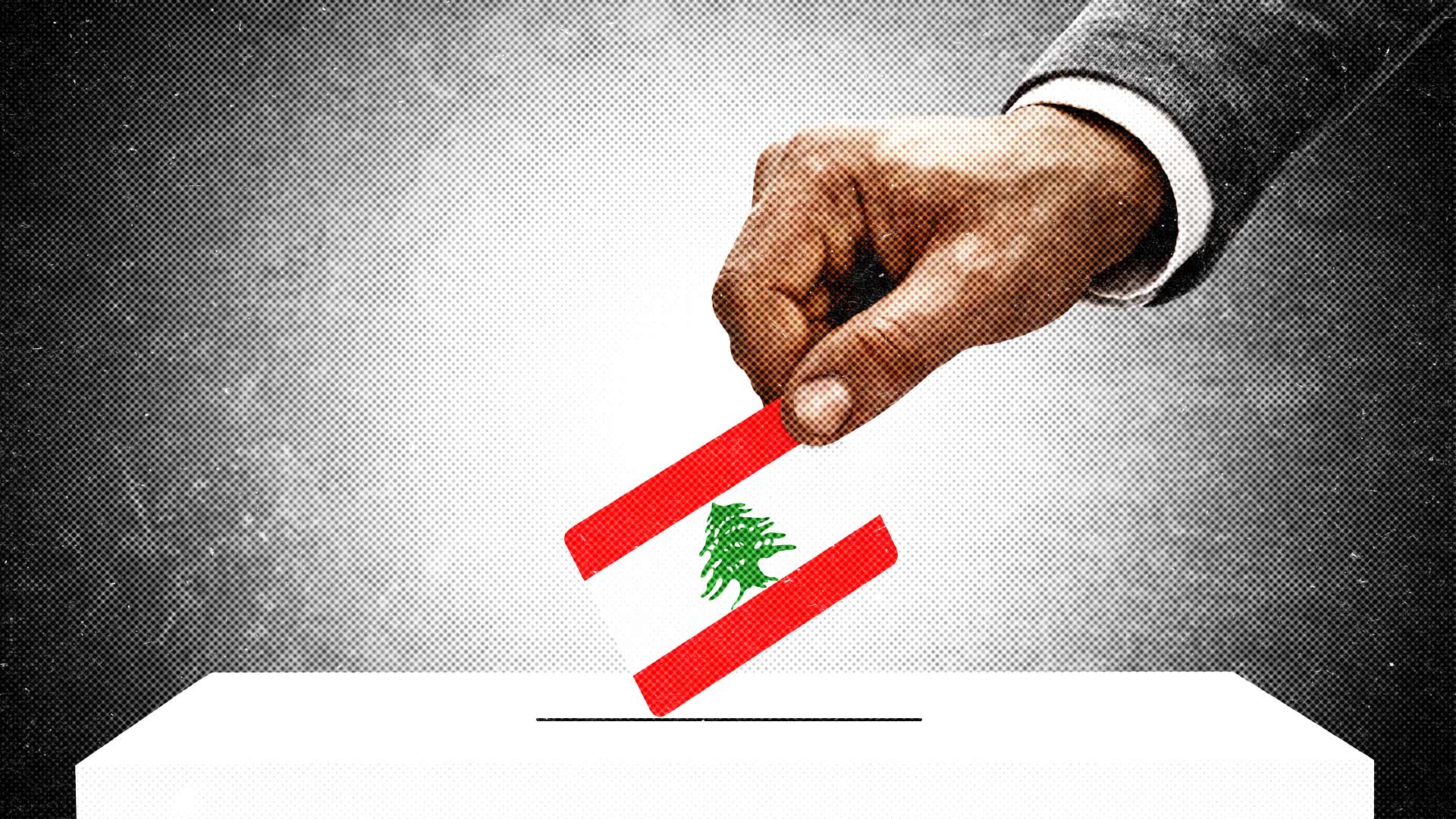
The European Union has positioned itself as lead guarantor for Lebanon’s parliamentary elections, with sanctions and observers in place. But history suggests that dirty electoral tricks will go unpunished.
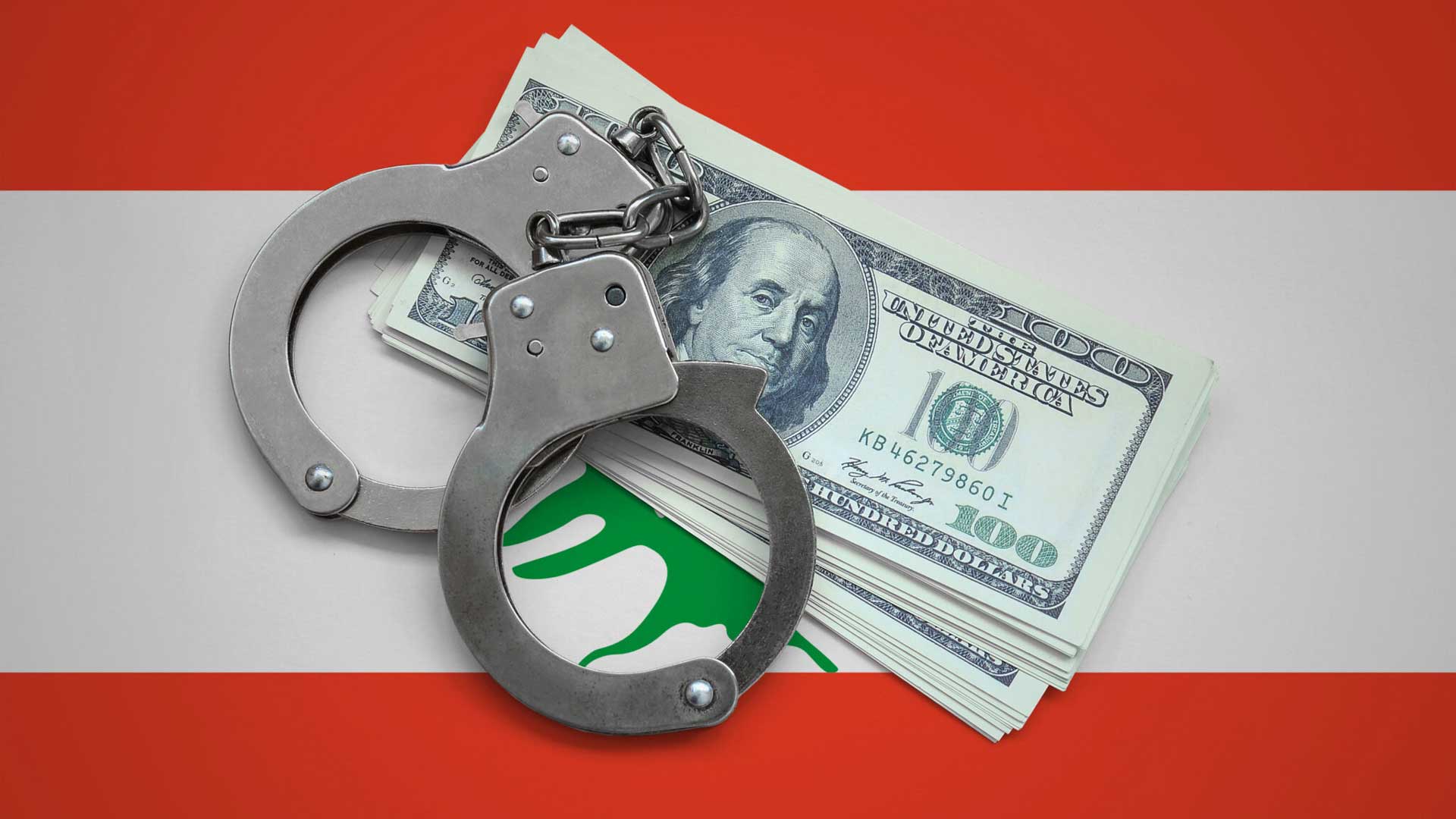
These informal capital controls – which have no basis in law – facilitate rampant discrimination between well-connected elites and most other depositors.
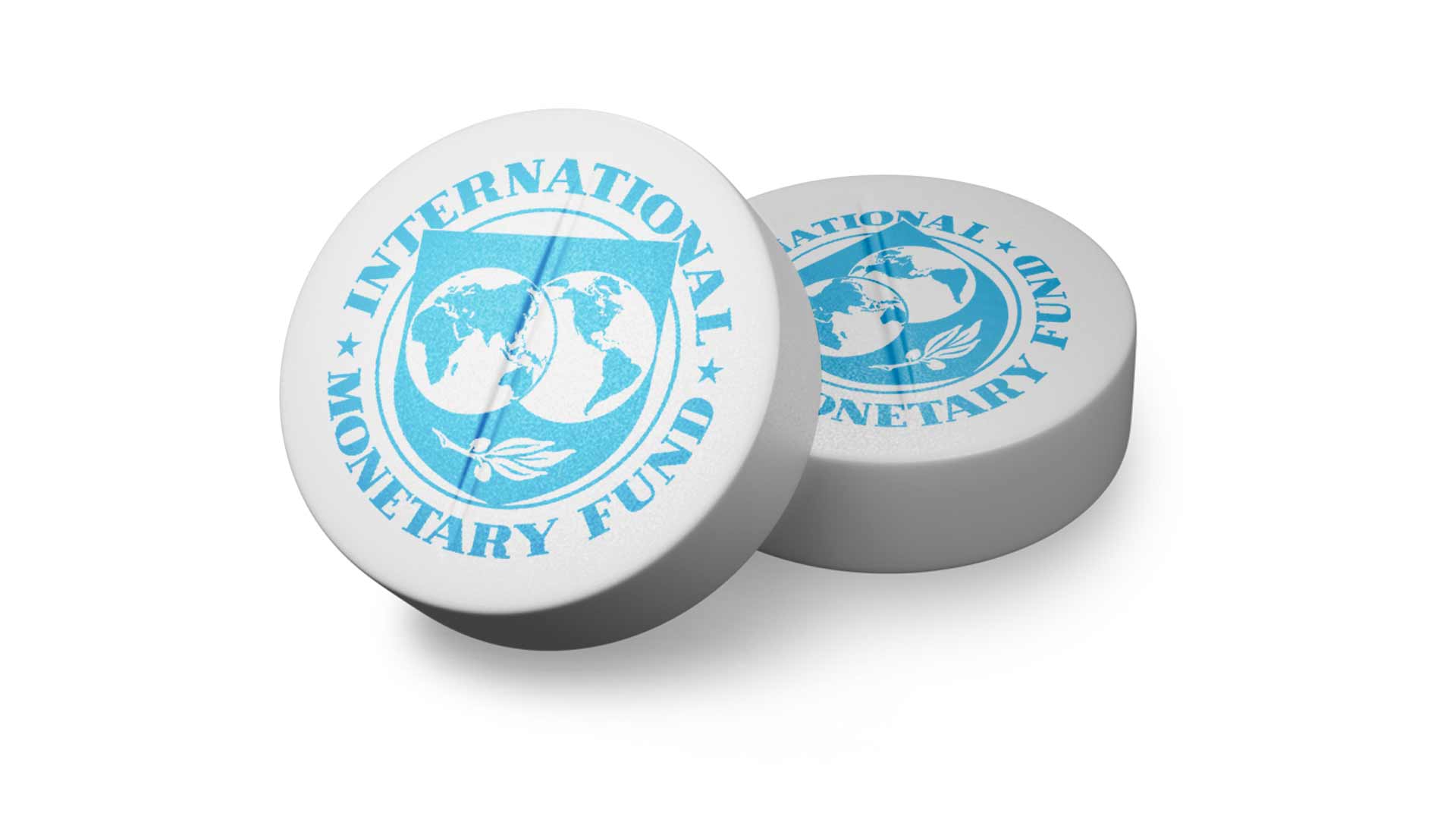
Without details, the IMF’s conditional staff-level agreement does more to entrench political and banking elites than to resolve Lebanon’s financial disaster.
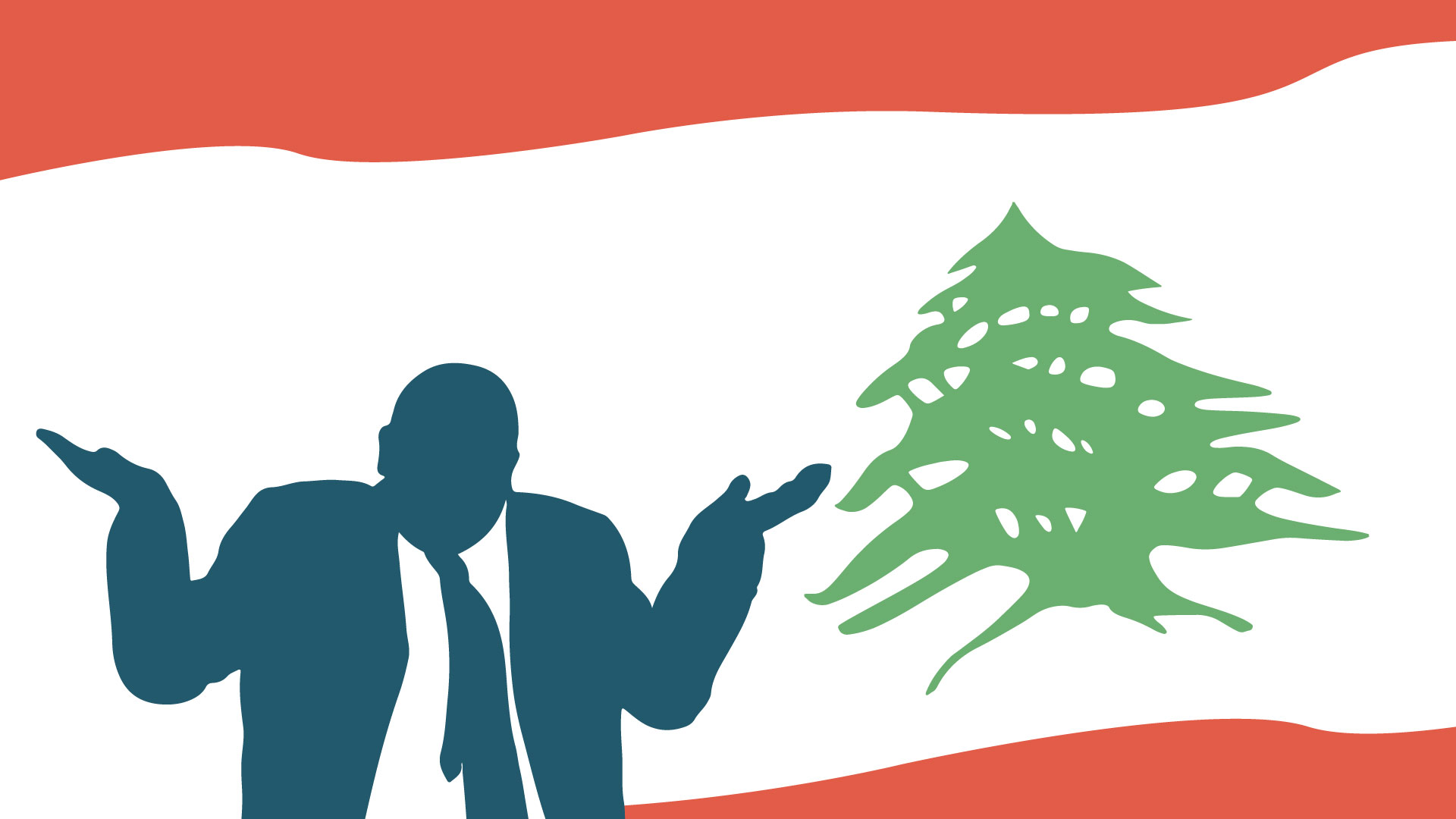
Elections in Lebanon are currently set for 15 May, but throughout March the ruling political class has alluded to conditions that would buy them time to avoid holding the elections as scheduled.
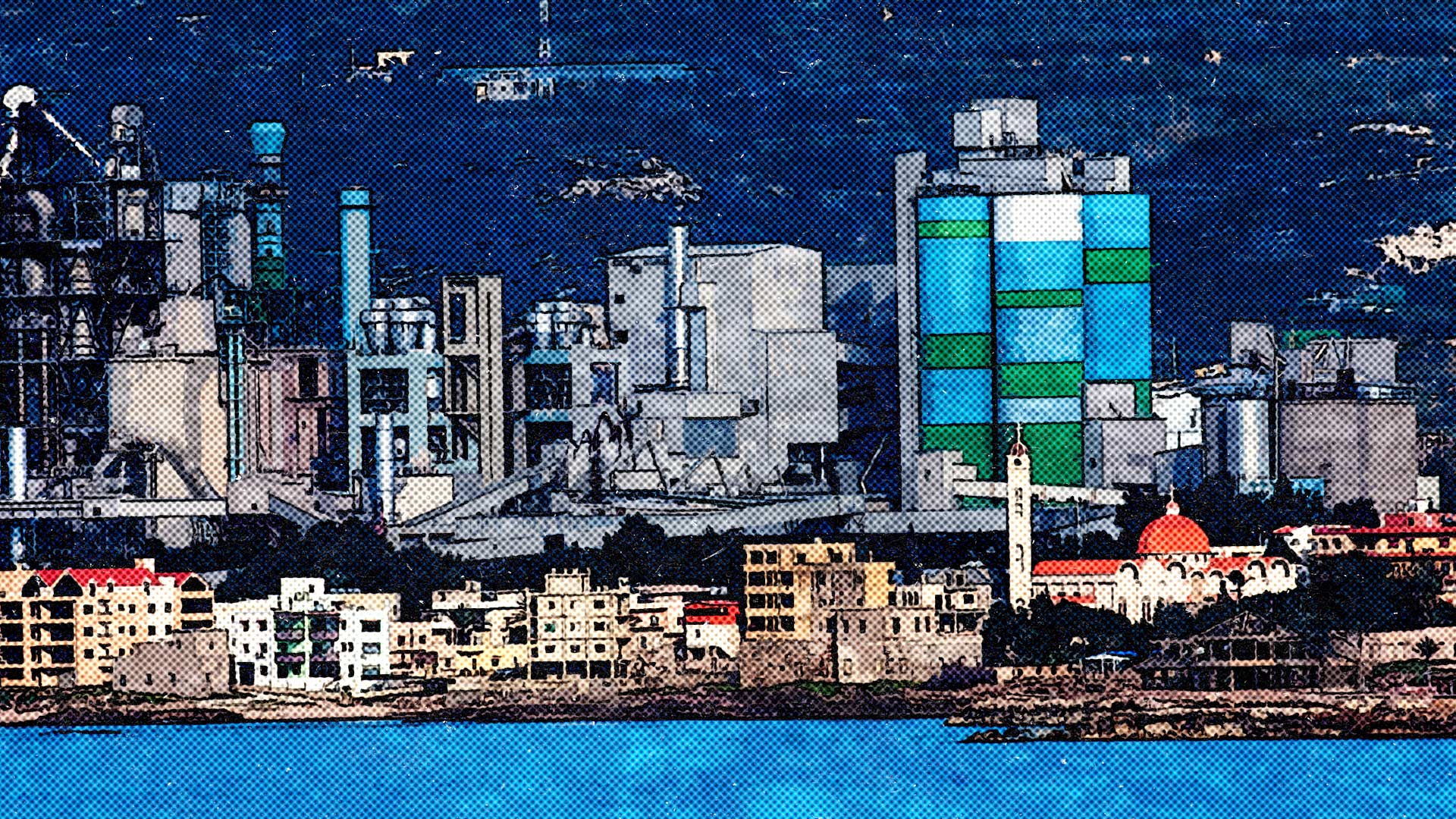
The law, which civil society groups and the international community have demanded for decades, purports to liberate Lebanon’s private sector from control by politically connected cartels.
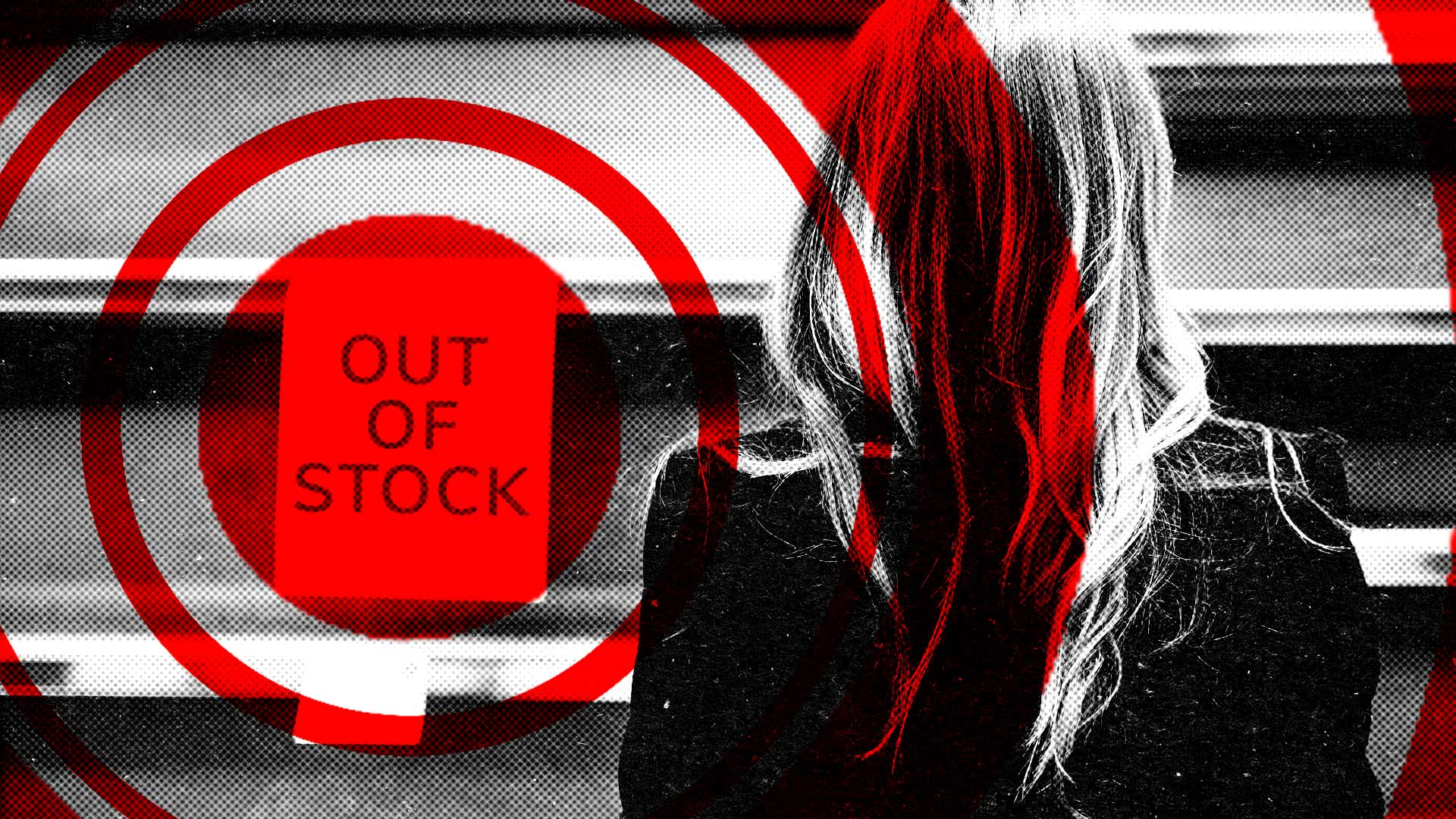
As long as the global food and energy crisis continues, Lebanese households – which rely overwhelmingly on imported products – will start skipping meals, eating less, losing nutrients, and falling ill.
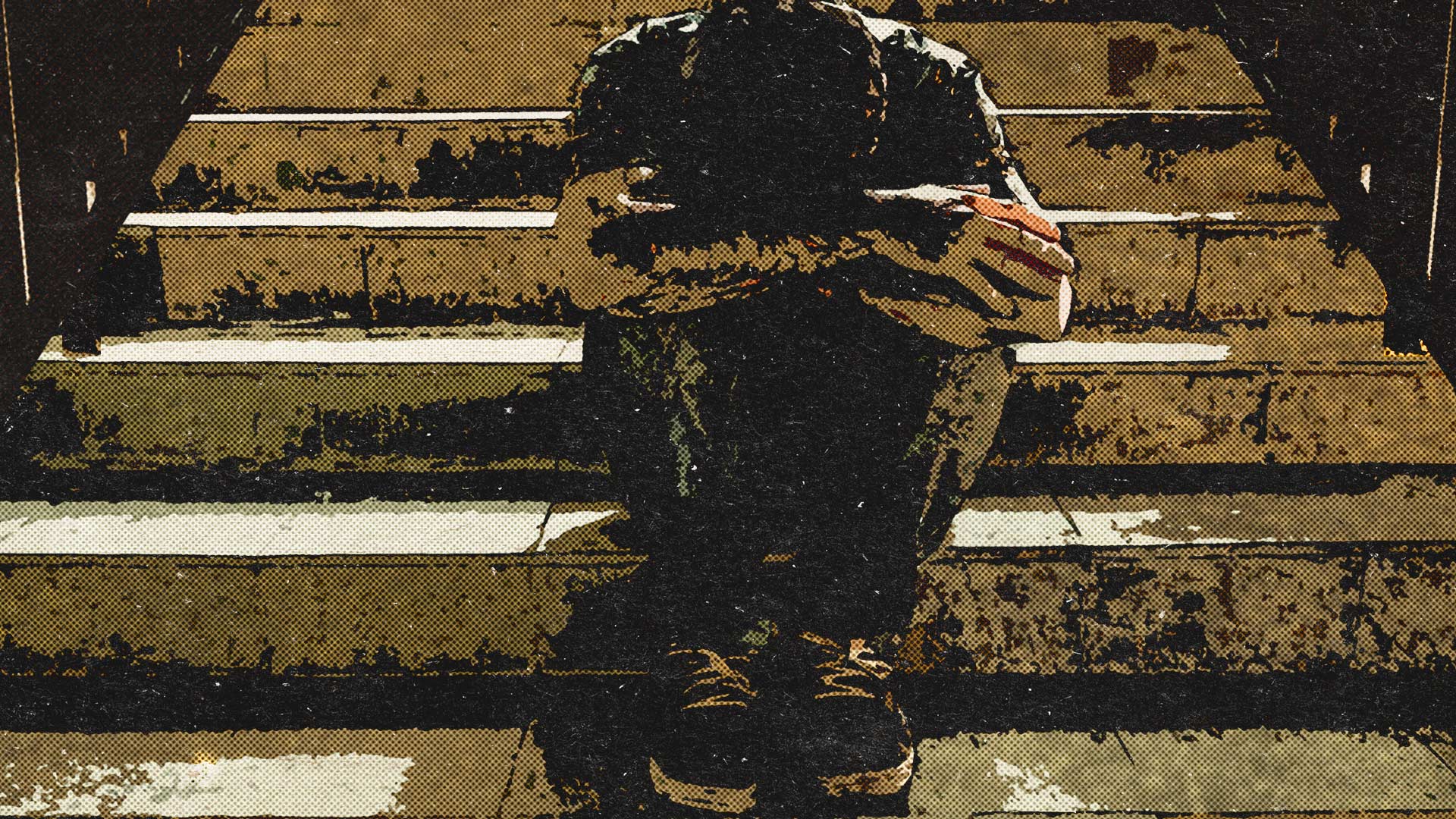
As mental health problems spike due to the economic crisis, the Beirut Port explosion, and the COVID-19 pandemic – to name but a few – psychiatrists and psychologists are leaving Lebanon in record numbers.

Since 1985, the Lebanese government has made at least 13 such announcements, plans, proposals and / or studies about new public transport projects – an average of one every 2.4 years.
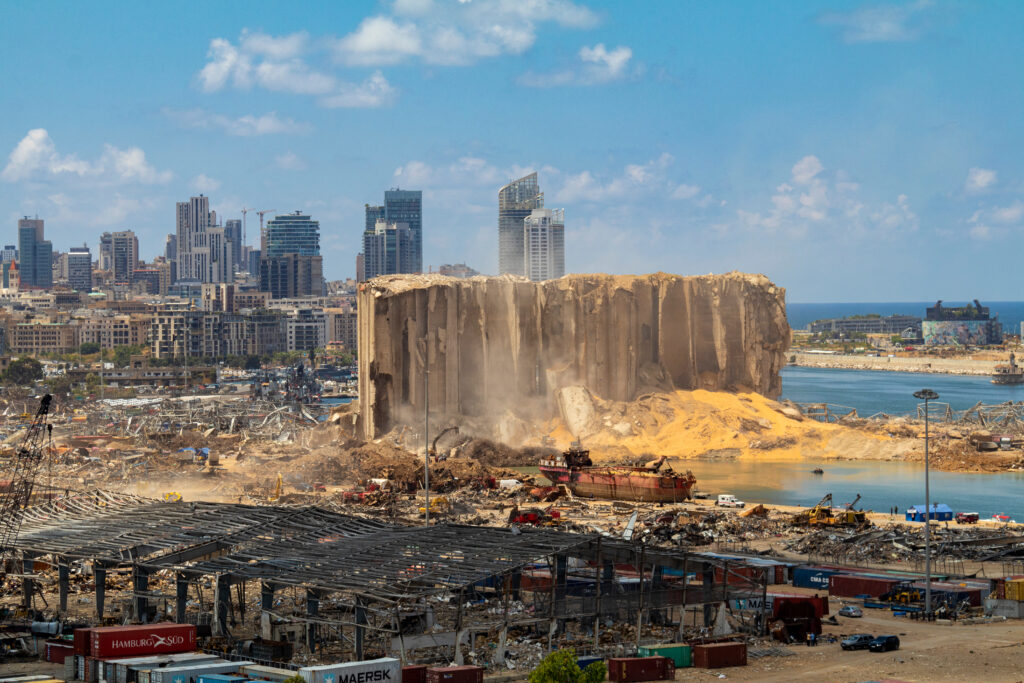
The Ukrainian crisis is merely the latest alarming threat to Lebanese food security in recent years. It follows on the heels of the country’s economic crisis, the COVID-19 pandemic, and the Beirut Port explosion – a series of unambiguous warning shots.